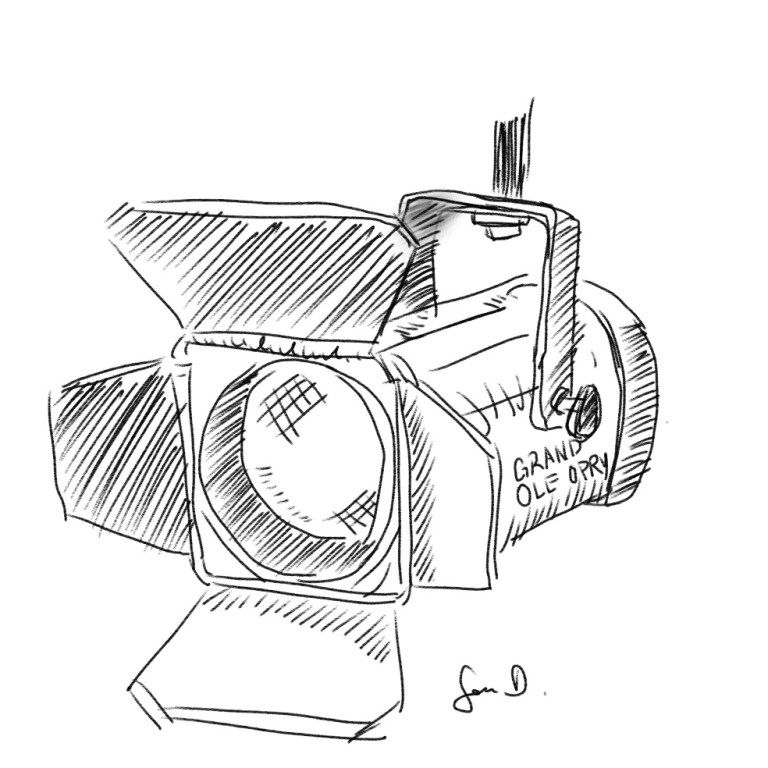Blessed are the poor in spirit, for theirs is the Kingdom of Heaven. Blessed are the victims of the Covenant School shooting in Nashville, for they are with God.
Blessed are the Covenant School staff members, the traumatized, the wounded, for these shall be called Children of God.
Blessed are the three 9-year-olds, Hallie Scruggs, Evelyn Dieckhaus, and William Kinney, whose innocent bodies were demoralized in a senseless act of murder, for they are seated on the lap of the Almighty. Blessed are Cynthia Peak (61), Mike Hill (61), and Katherine Koonce (60), for their lives were beautiful.
Blessed are their loved ones, with broken hearts, with battered minds. Blessed are all Nashvillians who weep.
Blessed are the shell-shocked. Blessed are the confused. Blessed are the pissed-off. Blessed are the traumatized. Blessed are the people who blame themselves, even though it’s not their fault. Blessed are the bystanders.
Blessed are the men and women in Nashville who can think of no other way to respond to this erratic tragedy
than to help others.
Blessed are the total strangers who have shown up on the scene just to cry. Blessed are those gathered outside Covenant School to hold candles, present bouquets, and memorialize the lost ones.
Blessed are the local media persons whose job is to stand in front of cameras and report, matter-of-factly, on the worst crime of humanity.
Blessed are all those with big hearts, who just want to help. Blessed are the givers. The doers. The feeders. The bakers. The babysitters. The shuttle drivers. In a world of people blinded by their own anger, bless you. A million times, bless you. You are not invisible.
Blessed are those who painstakingly try to maintain peace, especially while everyone else in this world is fighting like rabid canines. As politicians hold public urination contests, and random people on Facebook fight from 3,000 miles away. Blessed are the peacemakers.
Blessed are…










